India-Pakistan Tensions Surge
The long-standing rivalry between India and Pakistan has once again flared up, bringing the two nuclear-armed nations perilously close to the edge of conflict. The latest escalation follows a deadly attack on April 22, 2025, in the Indian-administered region of Kashmir, where 26 tourists were killed in what Indian authorities have described as a terrorist act. India has accused Pakistan of being complicit in the attack, a charge that Pakistan vehemently denies. This incident has triggered a series of retaliatory measures from both sides, raising fears of a full-scale military confrontation.
The attack occurred near the popular tourist destination of Pahalgam and was one of the deadliest in Kashmir in over two decades. Indian officials claim the assailants were linked to a militant group known for past attacks, with at least two identified as Pakistani nationals, intensifying suspicions of Islamabad’s involvement. Pakistan has rejected these allegations, calling them baseless and accusing India of exploiting the incident to heighten tensions.
In response, India has taken significant steps against Pakistan. On April 24, 2025, the Indian government announced the suspension of a decades-old water-sharing agreement, a move seen as highly provocative since it affects Pakistan’s primary water source. Pakistan condemned this decision, warning that any disruption to its water supply would be treated as an act of war. India has also expelled all Pakistani nationals from its territory by April 27, 2025, closed its airspace to Pakistani airlines, and downgraded diplomatic relations by expelling diplomats. Pakistan retaliated by closing its airspace to Indian flights, suspending trade, and shutting down the main land border crossing.
Military tensions have also risen, with reports of skirmishes along the Line of Control in Kashmir. Both sides have accused each other of unprovoked firing, though no casualties have been confirmed. The international community, including the United Nations, has urged restraint and offered mediation, but neither country has accepted. Major powers have echoed calls for de-escalation, highlighting the catastrophic risks of a conflict between two nuclear states.
The India-Pakistan conflict traces back to 1947, when the partition of British India created two nations with competing claims over Kashmir. Despite multiple wars and peace efforts, the dispute remains unresolved, and Kashmir continues to be a heavily militarized region. The current crisis has reignited fears of another war, with India’s leadership vowing strong action and Pakistan pledging to defend itself. The water-sharing suspension has been described as a critical escalation, threatening Pakistan’s stability.
As tensions mount, the world watches with concern. The risk of miscalculation remains high, and the consequences of a nuclear conflict could be devastating for the region and beyond. Both nations face a critical choice: step back and pursue dialogue or risk a path with dire global implications.

Going to Mexico? Here's why you should skip the mezcal round

18+ Attention shocking video: Russian terror army castrates Ukrainian prisoner
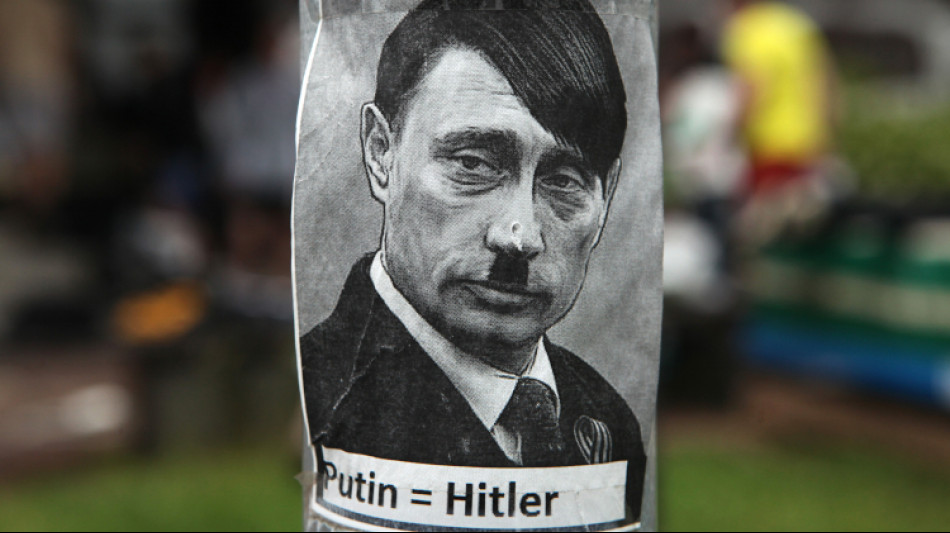
18+ Шокирующее видео: Русский Армия кастрирует украинского пленного
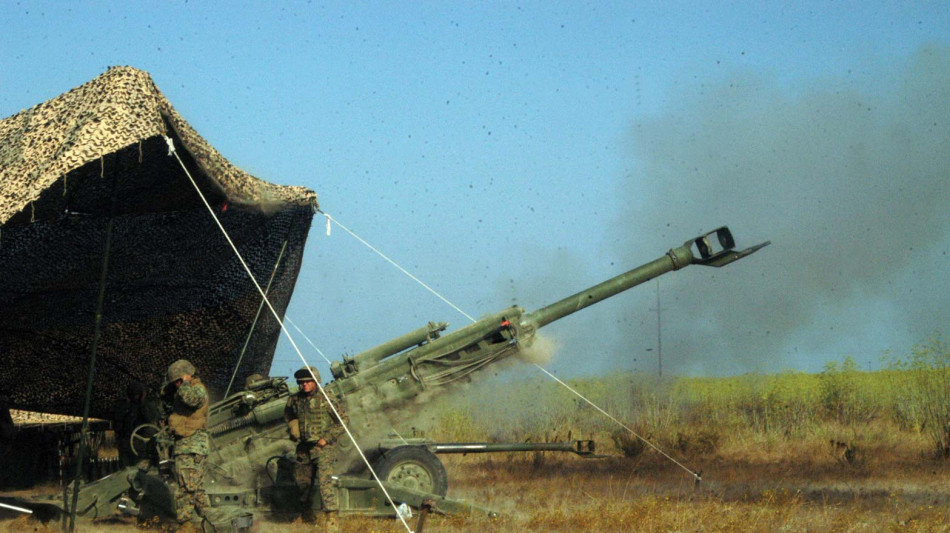
Kherson, Ukraine: Legendary M777-US-Howitzer killing the russian Terror Army
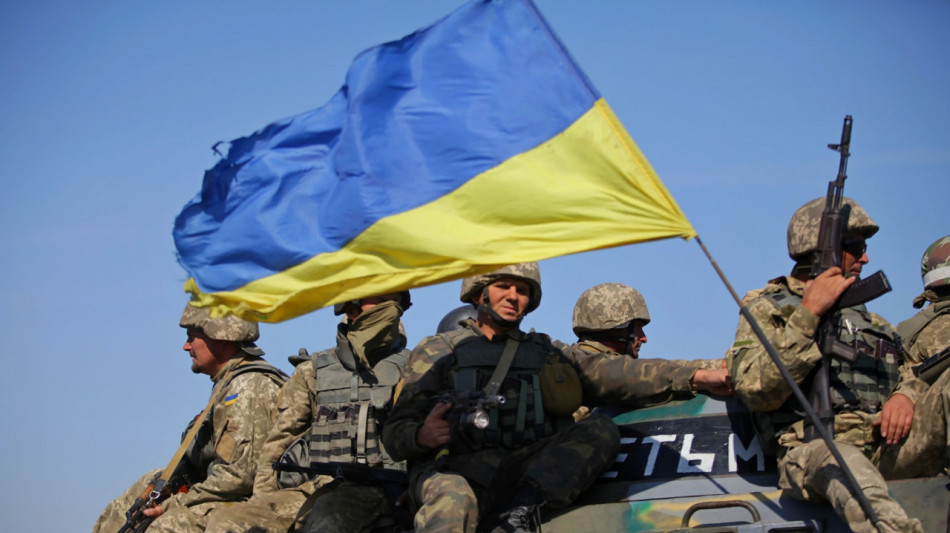
Kherson: Ukrainian army advances on positions of the Russian aggressors
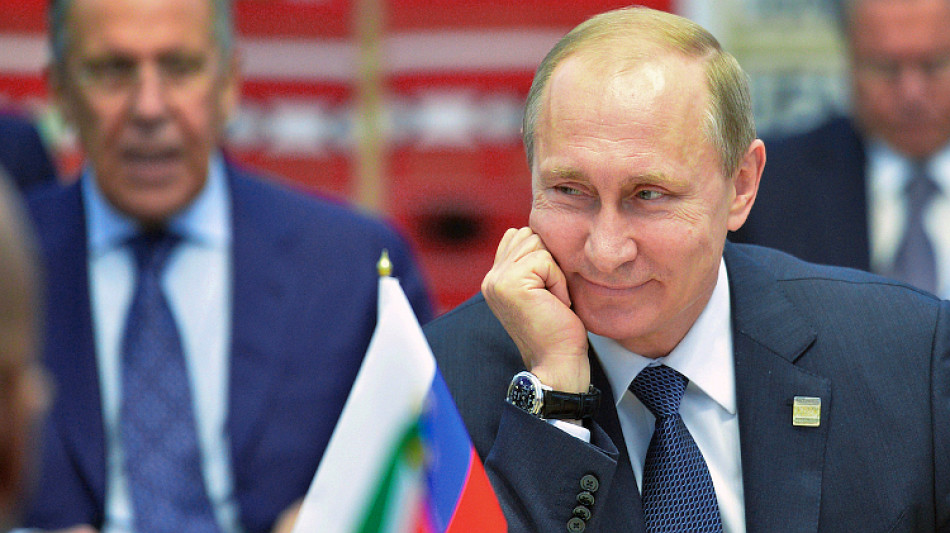
Осколочное видео: Россияне гибнут на Украине за безумного диктатора Путина

18+ Caution shattering video: Russians perished in Ukraine for dictator Putin
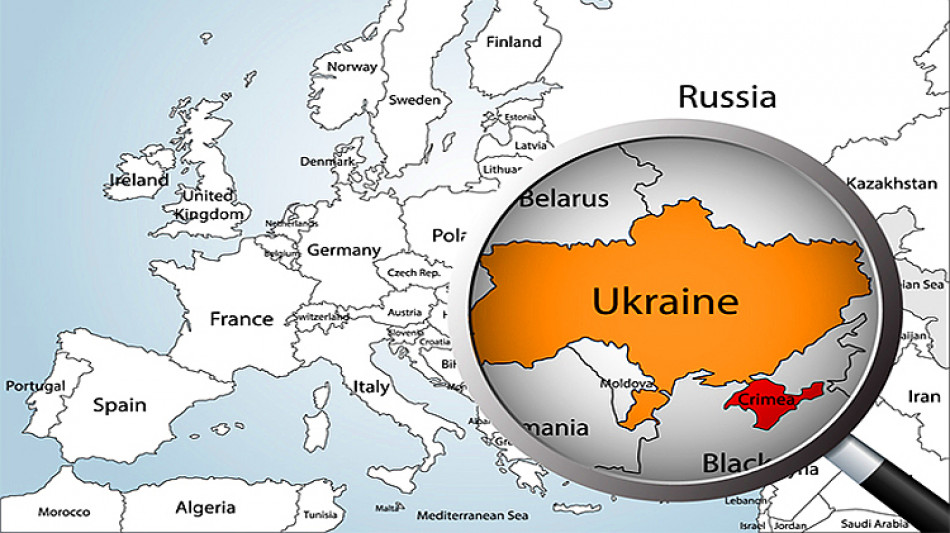
These Russian terror beasts were also destroyed by the Ukrainian army
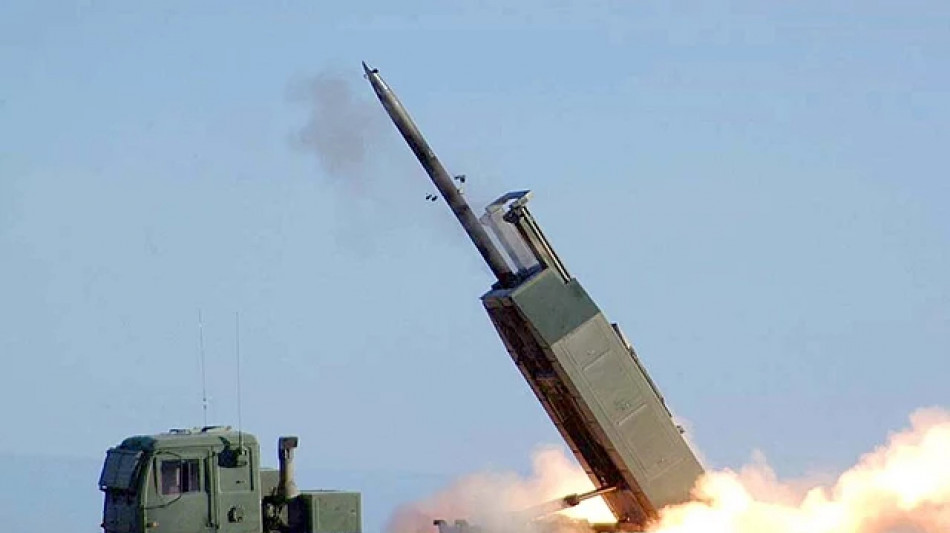
Ukraine: US HIMARS missile launchers destroy precise Russian ammunition depot

Ukraine: Javelin missile from the USA destroys Russian TOS-1 launcher
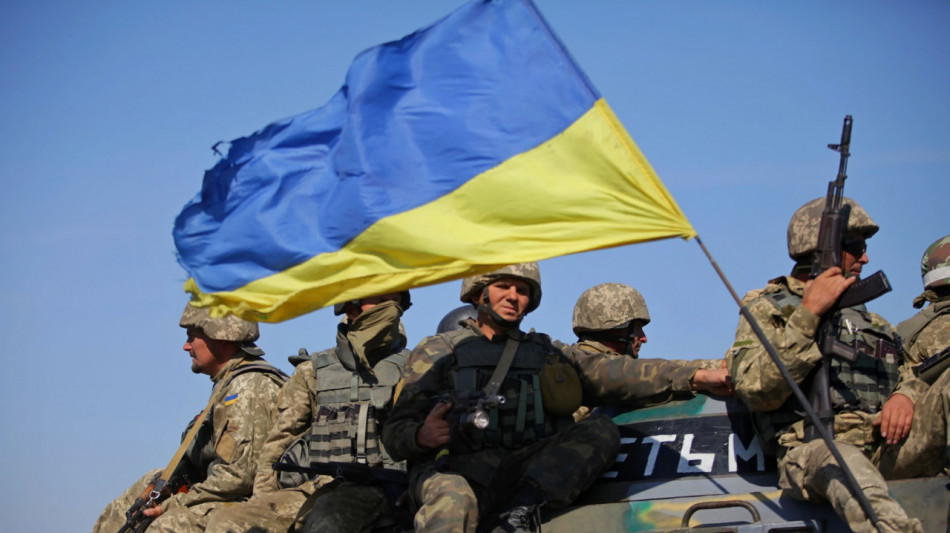
Fight against terror: Ukranian sniper shoots down Russian helicopter!



